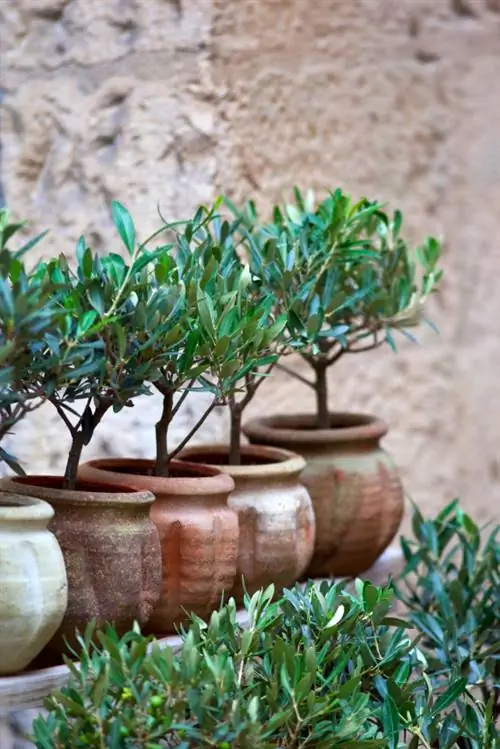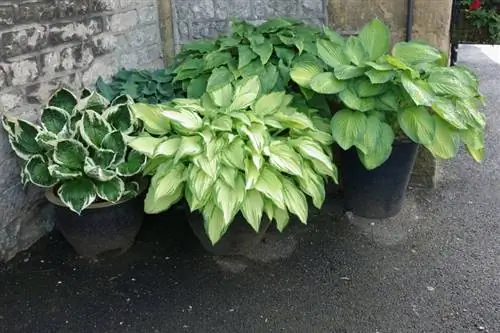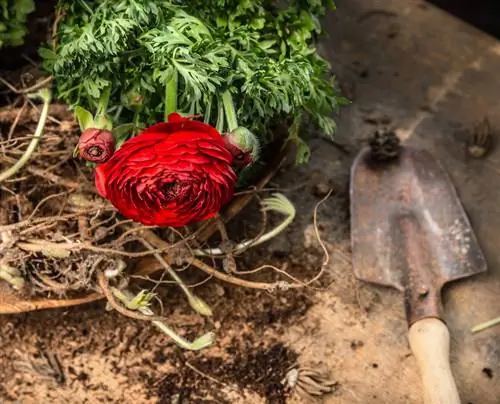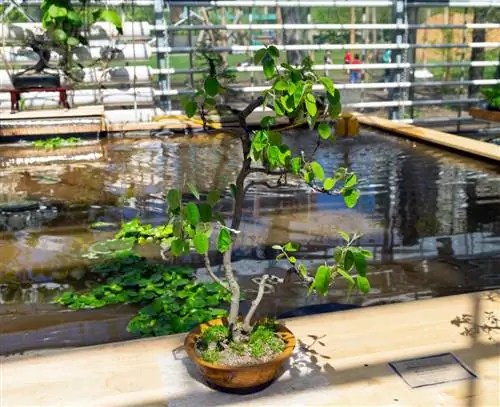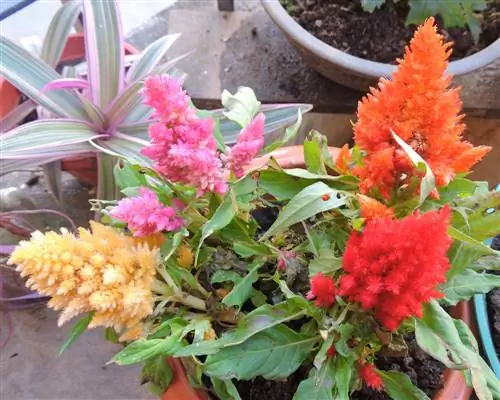- Author admin leonars@hobbygardeners.com.
- Public 2023-12-16 16:46.
- Last modified 2025-01-23 11:19.
The olive tree, often referred to as the “true olive tree”, is native to the warm and dry countries of the Mediterranean. Where it is sunny and rarely really cold, it grows and thrives - and can live up to 600 years. In our latitudes it is actually too cool for it, which is why keeping it in a container on a protected balcony or terrace is preferable to a location in the garden.
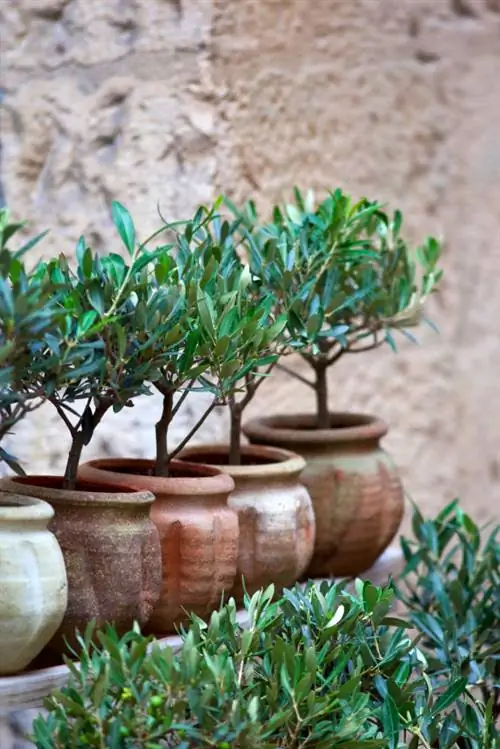
How do I care for an olive tree on the balcony?
To cultivate an olive tree on the balcony, you need a sunny, protected location, well-drained soil with good drainage and regular watering. In winter the tree should be stored or protected from frost.
The correct planting of olives in pots
Olives are basically quite easy-care plants. However, in order for such a tree to feel comfortable with you, you should follow a few rules:
- Olives do not tolerate frost
- Olives need a lot of sun - the more the better
- Olives do not tolerate waterlogging
Too much moisture, especially waterlogging - this occurs when the irrigation water cannot escape from the pot - causes the roots to rot and as a result the tree dies. For this reason, you should ensure adequate drainage. For this purpose, layer a few pebbles under the potting soil and the pot should also have a drainage hole.
Which soil is optimal for olives?
Olives love a sandy, not too nutrient-rich substrate, which should also be loose and permeable. Loamy soil is rather suboptimal because the roots in it cannot develop properly and can be crushed. It is better if you instead mix at least a third of coarse sand or gravel and two thirds of conventional potting soil (€11.00 at Amazon). Special citrus soil is also well accepted, as the needs of citrus and olive trees are quite similar.
The right location on the balcony or terrace
A full sun, protected location is perfect for small and large olive trees. As a rule, olives also thrive quite well in partial shade. If possible, place the pot against a wall or in a corner, where it is warmer and more protected from the wind than in a more open location. Although olives don't like moisture, they need a certain amount of moisture, especially as potted plants. That's why you should water your tree sparingly but regularly. It is best to fertilize in spring, at the beginning of the growing season, with liquid pot plant fertilizer. Pruning should also be done in spring.
Overwintering olive trees
In principle, you can leave your olive tree outside in winter, but you should make sure to wrap it up warm. The roots in particular must be protected from frost, for example with a thick layer of brushwood or bark mulch. Make sure that the earth does not freeze! Alternatively, place the tree in a bright but cool (approx. 10 °C) place.
Tips & Tricks
If you want to put your tree back on the balcony in spring, get it used to the sun slowly, for example by first placing it in partial shade for a few days. You should also initially avoid the midday sun. Otherwise, leaf burns and brown spots on the leaves may occur.

